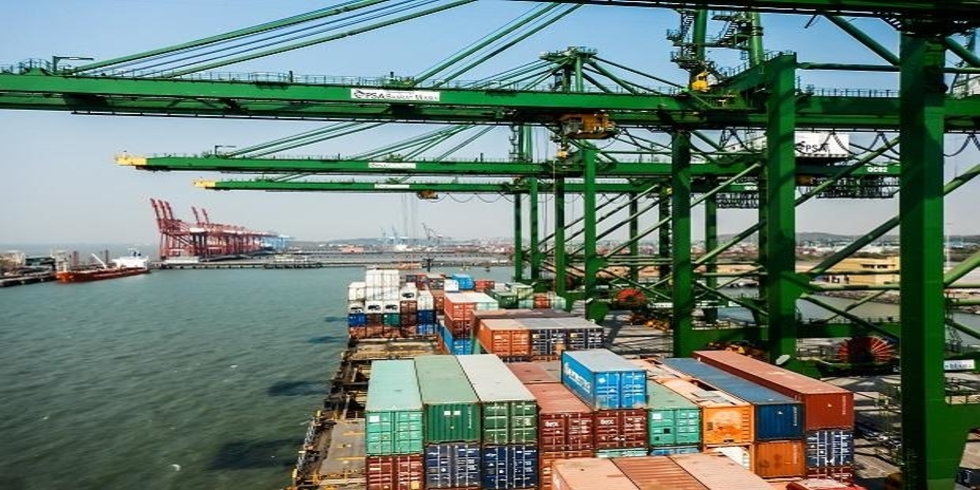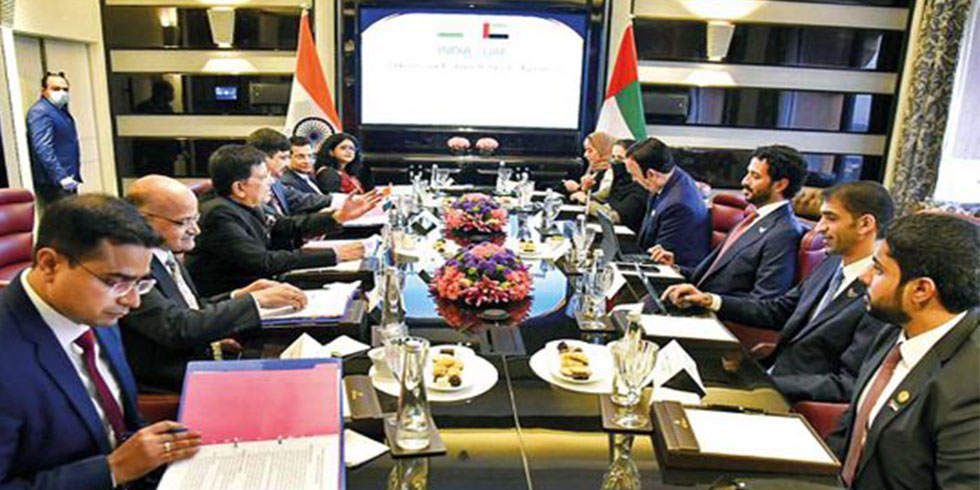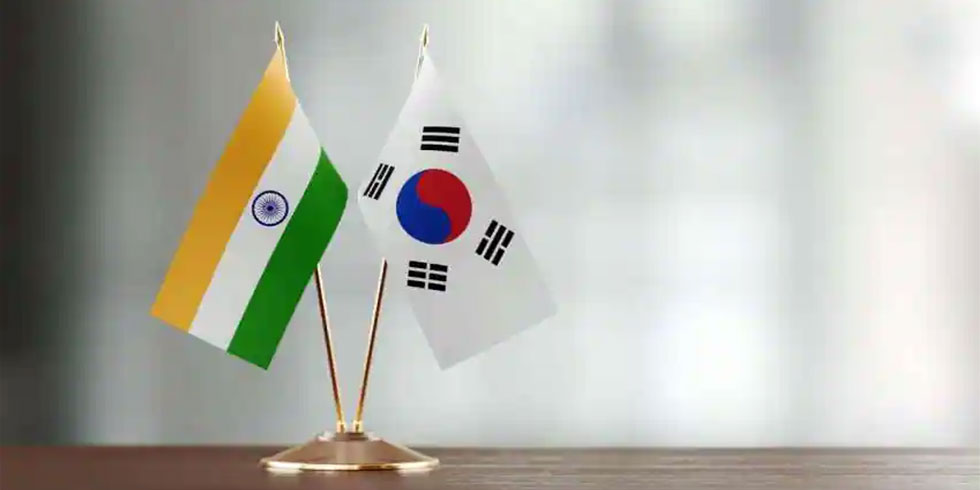In the evolving global architecture, there are opportunities for India and Africa.
The epidemic has wreaked havoc on the international economic order, ushering in a multipolar world in which a growing number of countries play a key role in setting global trade patterns, investment flows, and development cooperation.
India and Africa are likely to benefit from new external economic opportunities created by the changing global economic architecture.
Despite the fact that the epidemic has slowed Africa's economic growth, once the health issue is under control through mass vaccination programmes, the continent is expected to grow at a faster rate.
Given its profound stakeholder interest in Africa's economic change, India sees an ongoing partnership role in the continent's transformation. The current crisis provides numerous chances for countries to expand existing bilateral ties and forge new paths for cooperative ventures, particularly in areas that are relatively untapped in Africa, such as the services sector.
India-Africa economic relations
The Indian government provides timely grant-in aid to African countries, as well as concessional lines of credit (LOCs), capacity building and technical assistance, backing for significant projects in Africa, and the establishment of industrial units, among other things.
Africa has benefited the most from the Indian government's LOCs, which now total more than US$ 6.3 billion out of a total pledge of US$ 10 billion.
The bilateral commerce between India and Africa has been gradually increasing year on year, with a volume of US$ 55.9 billion in 2020-21. India is Africa's fifth largest investor, with a total investment of US$ 54 billion.
In the following few years, the larger ambitions are to increase bilateral trade above US$ 150 billion and to double investments in Africa to US$ 100 billion.
While India's Duty-Free Tariff Preference Scheme (DFTP) for Least Developed Countries (LDCs) has benefited 38 African countries and helped to expand bilateral trade between India and Africa, additional geographical diversity of India-Africa trade flows is still possible.
Potential Areas for Collaboration
The improvement of the region's manufacturing capabilities is one critical area where Indian industry might play a catalytic role, as Africa now accounts for barely 2% of world commerce in intermediate produced goods.
It would be crucial for African countries to tap into India's burgeoning markets and invest in trade-related infrastructure and trade facilitation in order to maximise their trade-related economic growth.
Building Strong Linkages
The establishment of the India-Africa Trade Council, as well as the building of 13 offices in India that will interact directly with African embassies in Delhi, will provide India with significant trade and investment prospects in Africa.
The Indian government has designated 18 African nations where new missions will be established, including Burkina Faso, Cameroon, Cape Verde, Rwanda, and Somalia, among others. The efforts will be built on a cooperative paradigm that is responsive to African countries' requirements.
India has recently established IT centres in South Africa, Egypt, Morocco, Ghana, Namibia, and Tanzania, as well as a Centre for Geoinformatics Applications for Rural Development (CGARD) Technology Centre in Madagascar, vocational training centres in Ethiopia, Rwanda, Burundi, Burkina Faso, Gambia, Zimbabwe, and Egypt, a Technology Centre in Zimbabwe, and entrepreneurship centres in a few countries.
India is partnering with Japan and Kenya to create a cancer hospital, and it is collaborating with the UAE to set up an IT excellence centre in Ethiopia, as part of its trilateral collaboration with Africa.
India is also assisting Africa in bridging the digital gap through the e-VidyaBharati and e-ArogyaBharati Network Project, which seeks to provide free tele-education for 4,000 students, free medical education for 1,000 doctors/nurses/paramedics, and free medical consultation.
India's development engagement with Africa also includes energy cooperation. A significant portion of India's concessional credit has been designated for Africa through the International Solar Alliance (ISA).
In addition to addressing critical environmental issues such as climate change and biodiversity loss, the India-Africa collaboration has enormous potential.
Similar cross-border projects might be launched to promote a circular economy, which promotes the reuse and recycling of commodities for a greener future.
CII-EXIM Bank Conclave on India-Africa Project Partnership
The 16th CII-Exim Bank Conclave on India and Africa Project Partnership, with the subject "Harnessing the Africa-India Opportunity: Connect, Create, Collaborate," was conducted on a virtual platform from July 13 to 15, 2021.
Over the previous 15 years, the India-Africa Conclave has aided in the development of economic and commercial ties between the two continents. It has built capacities and fostered networking, with the consequences obvious in both India's rising presence in Africa and Africa's collaborations with Indian institutions.
Ministers and dignitaries from both countries, including India's Minister of External Affairs, Dr. S. Jaishankar, attended this year's conference, which focused on the myriad opportunities and challenges that drive bilateral cooperation between India and Africa.















Add Comment